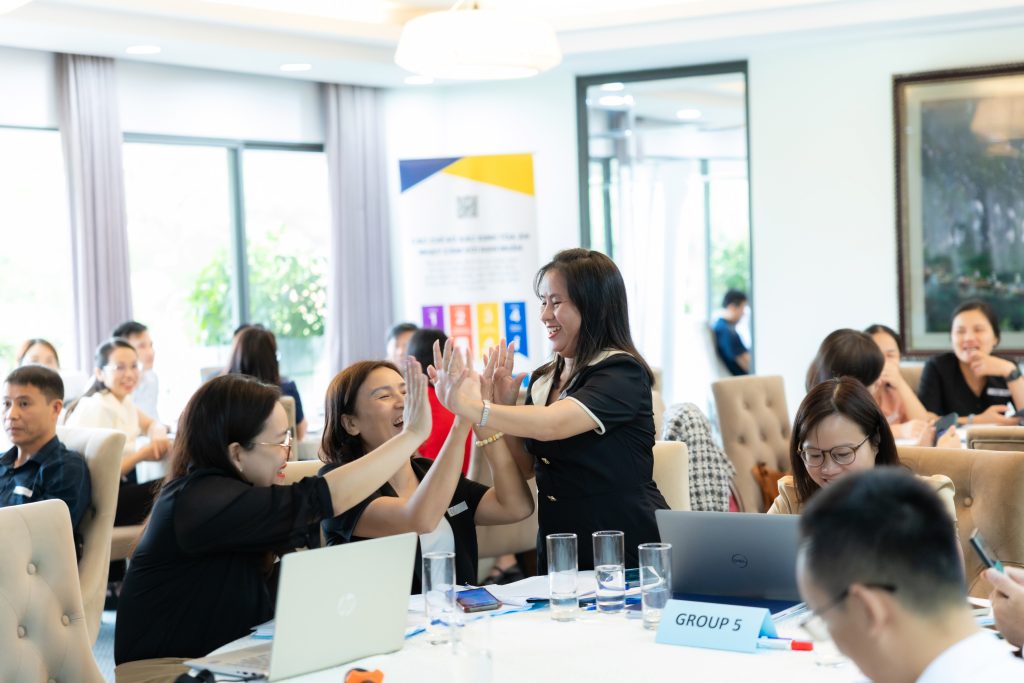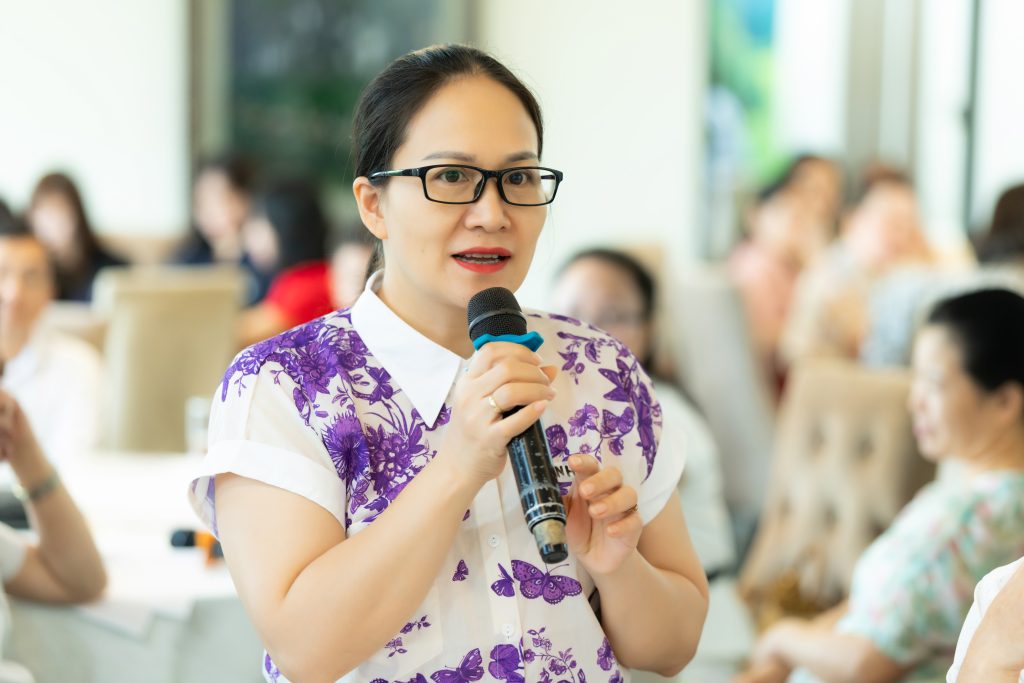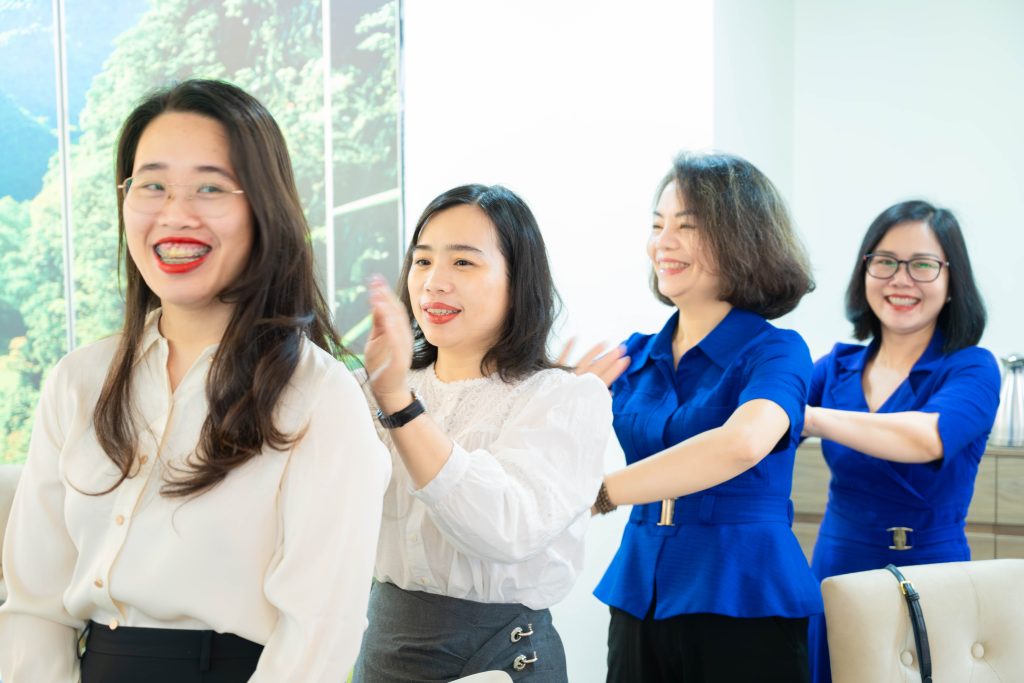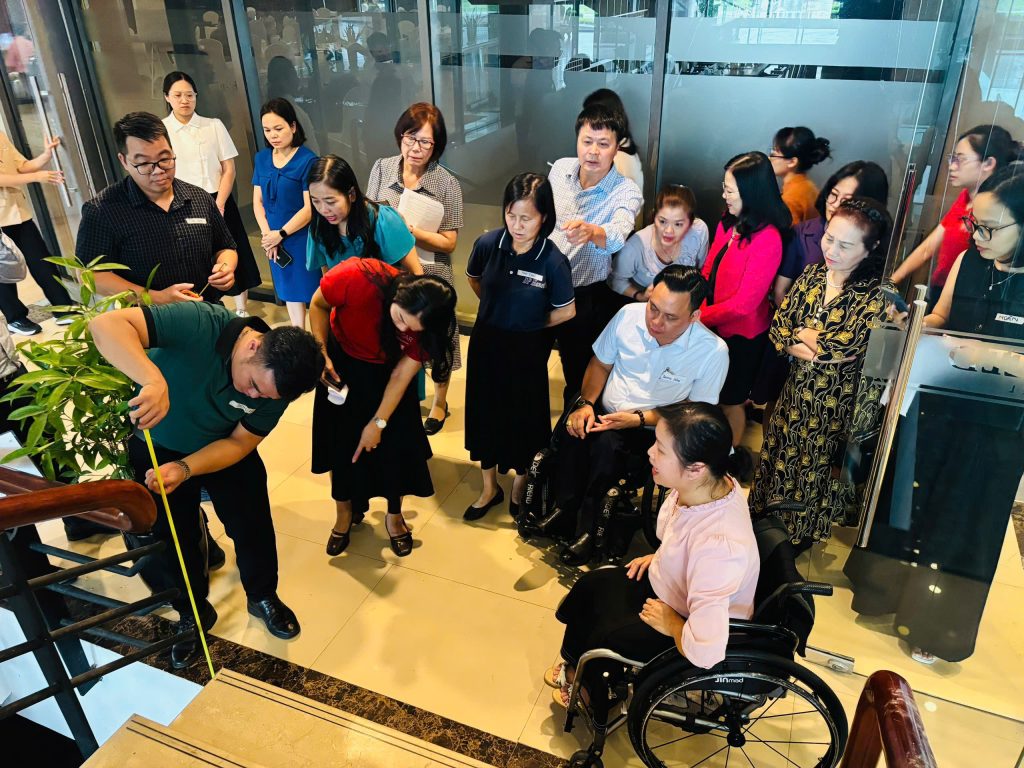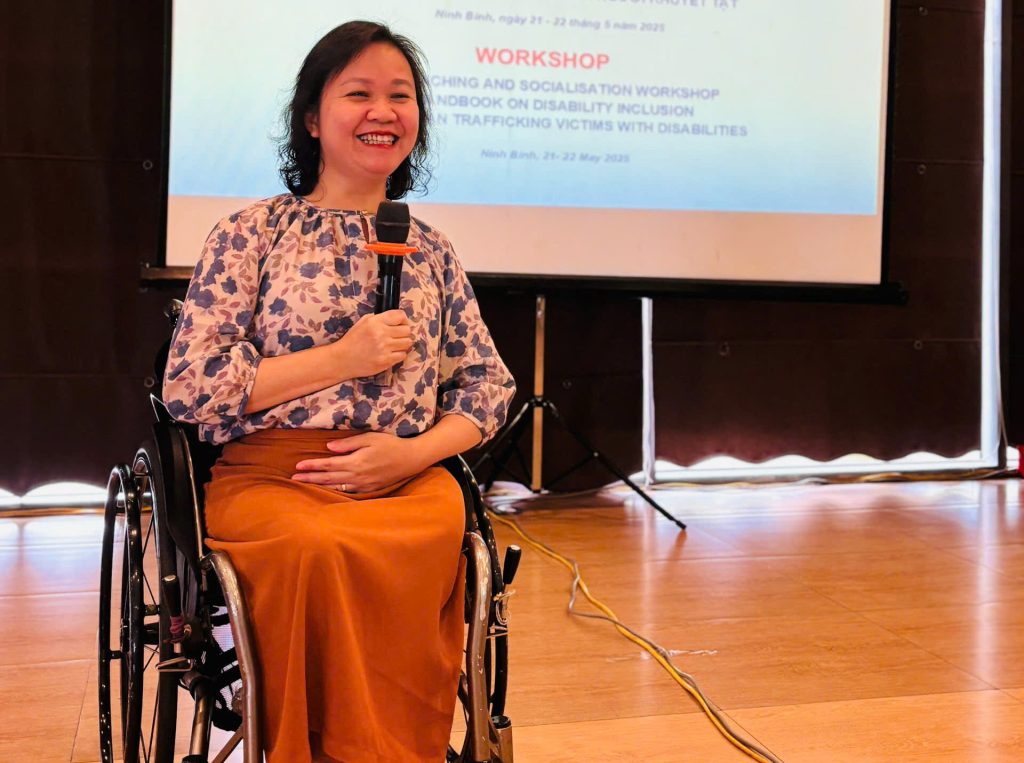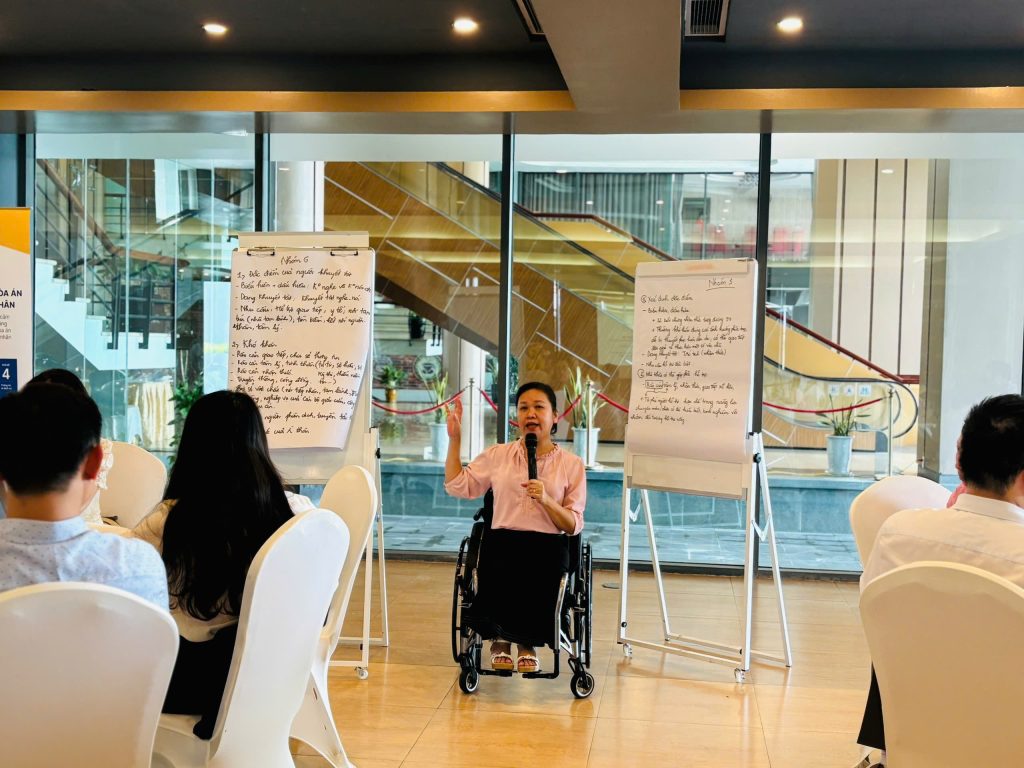To mark World Day Against Trafficking on 30 July, three new resources have been launched in Vietnam that put survivors – especially those with disabilities – at the centre of justice. Developed with the support of the Australian Government funded ASEAN-Australia Counter Trafficking program (ASEAN-ACT), these tools focus on legal aid, victim-sensitive court procedures, and disability inclusion. They represent key steps in implementing Vietnam’s new counter-human trafficking law and advancing inclusive, trauma-informed, and rights-based justice systems.
Vietnam’s newly enacted Law on Prevention and Combat of Human Trafficking, adopted in November 2024, marks an evolution in the country’s approach to counter-trafficking. The law expands the definition of trafficking to include newer forms of exploitation, such as forced labour in online scam operations, forced begging, coerced marriage, and exploitation of vulnerable groups – categories often overlooked. It also mandates improved procedures for victim identification, support and protection – paving the way for more coordinated and inclusive responses across sectors.
To support implementation, Vietnam has issued a guiding decree to clarify enforcement mechanisms and institutional responsibilities. The three newly launched tools will help counter trafficking practitioners to translate inclusive justice principles into practice.
One of the new tools is a guidebook developed by the Department of Legal Dissemination, Education and Legal Aid under the Ministry of Justice, which expands access to legal aid for trafficking victims. It provides guidance not only for legal aid officers, but also other service providers such as lawyers, social workers on how to provide legal counselling and legal services based on the anti-trafficking in persons and legal aid laws.
Another guidebook launched, led by the Supreme People’s Court, focuses on protecting victims during court procedures. It promotes trauma-informed and victim-sensitive approaches, recognising that courtrooms can be intimidating spaces. The guide offers practical strategies to ensure survivors can participate safely and meaningfully in the pursuit of justice.
The third tool promotes disability inclusive practices in counter-trafficking efforts. Developed by the Vietnam Federation on Disability together with the program, and through consultations with organisations of persons with disabilities and justice sector stakeholders, this guide acknowledges that persons with disabilities are especially vulnerable to trafficking – and that some victims may acquire disabilities as a result of exploitation. It provides tools and checklists to ensure services are accessible and inclusive, from the moment of rescue right through to their reintegration back into society.
Extensive consultations shaped the disability guidebook, including workshops in Hanoi (October 2024), Quang Ninh (November 2024) and Ninh Binh (May 2025). Participants from law enforcement, hospitals, courts, NGOs and organisations of persons with disability tested the tools and praised their practicality. The day after the workshop in Quang Ning, a police officer shared learnings with students at a workshop, and other participants explained how they will add disability inclusion to assessment tools.
Vietnam’s inclusive justice efforts come at a critical time. According to recent data, the number of trafficking cases increased in the last year with a notable rise in cases involving forced criminality, domestic trafficking and technology facilitated cases. Vulnerable groups include women, children, ethnic minorities, and persons with disabilities – many of whom are trafficked into forced labour, sexual exploitation, or scam operations. The rise of recruitment using online platforms and digital scams has further complicated the landscape.
By strengthening legal frameworks, equipping frontliners with new tools and resources and fostering collaboration across sectors, Vietnam is taking meaningful steps towards a more inclusive and effective response to human trafficking.
Read the tools here (in Vietnamese):
Guidebook: legal aid for trafficking victims
Guidebook: victim-sensitive courts (VSC) booklet
Guidebook for ACDC disability inclusion in countering trafficking in persons
